Anti-Clock
By V.J. James
Translated by Ministhy S.

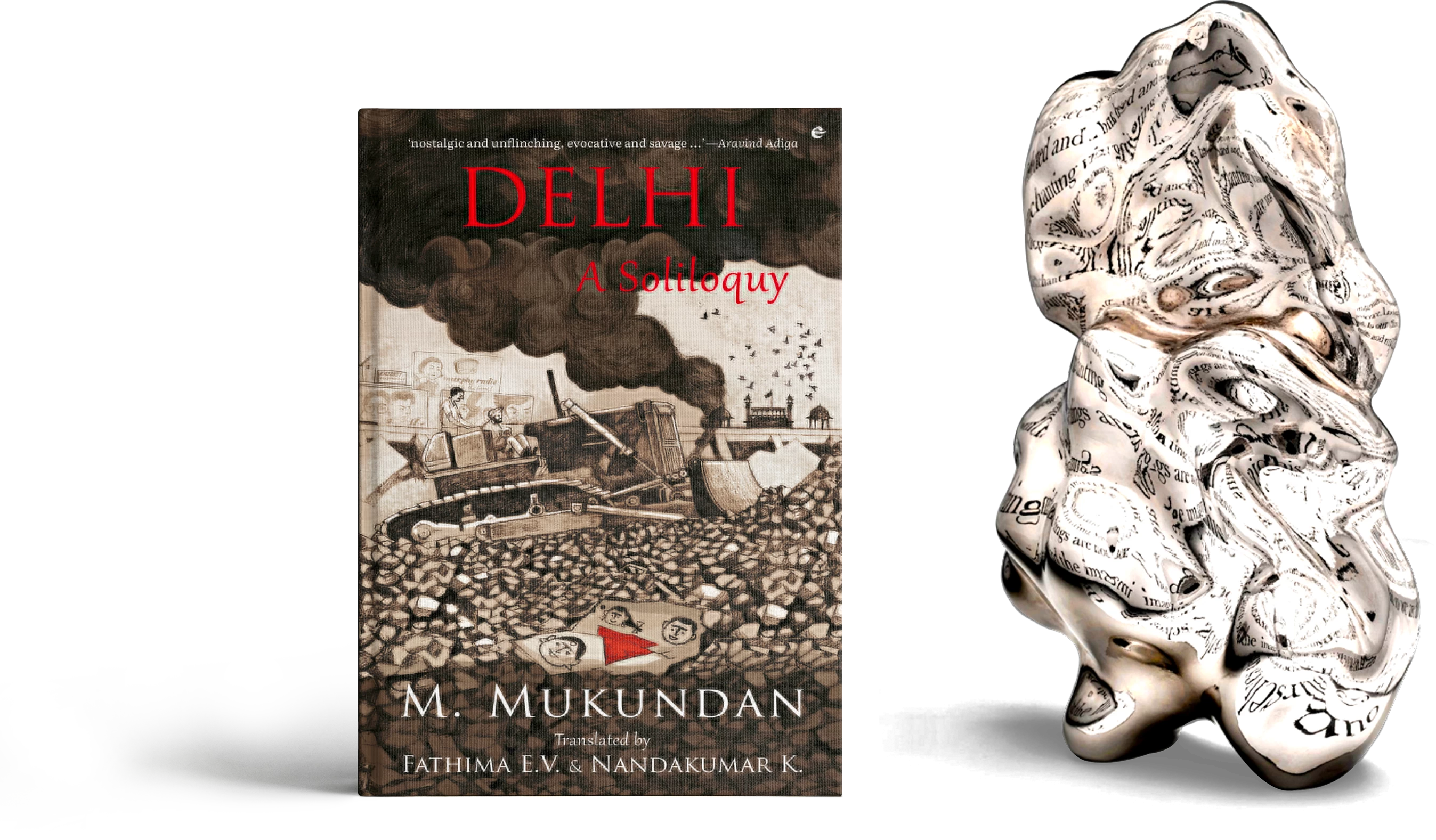
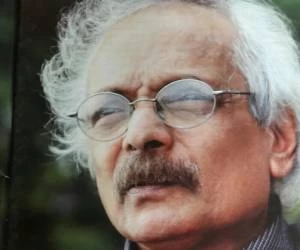
M. Mukundan was born and brought up in Mahe. He rose to critical acclaim and popularity with Mayyazhippuzhayude Theerangalil (1974). His stories and novels have been widely translated into various Indian languages, English and French. He has been awarded Ezhuthachan Puraskaram, the highest literary honour given by the Government of Kerala, the Crossword Book Award twice, first in 1999 for On the Banks of the Mayyazhi and again in 2006 for Kesavan’s Lamentations, and the Sahitya Akademi award and N.V. Puraskaram for Daivathinte Vikrithikal (God’s Mischief). His other major works include Kesavante Vilapangal (2009) and Prasavam (2008). He was presented with the insignia of Chevalier in the Order of Arts and Letters by the French government in 1998. He also served as the president of the Kerala Sahitya Akademi from 2006 to 2010. Four of his books have been adapted into award-winning films. Delhi Gathakal (2011), translated as Delhi: A Soliloquy, is based on his experiences of living and working in Delhi for forty years as a Cultural Attaché at the French embassy. In 2004, he retired from that position and returned to Mahe, his hometown.
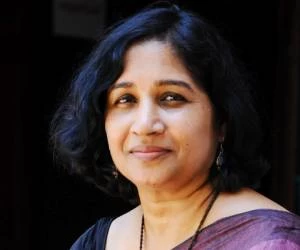
Fathima E.V. is an award-winning writer and translator. Her translation of Subhash Chandran's Manushyanu Oru Amukham, translated as A Preface to Man, was awarded the Crossword Book Award (2017) and the V. Abdulla Translation Award (2017). She was the translator-editor of the Indian Ink Mag, and her poems and short fiction have appeared in international anthologies and journals. She holds an MA and a PhD from the University of Calicut, and completed the TESOL course from the University of Surrey. Currently, she heads the department of English at Krishna Menon Memorial Government Women's College, Kannur.
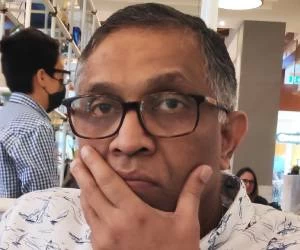
Nandakumar K. started his career as a sub-editor at Financial Express, after completing a master’s degree in Economics, followed by stints in international marketing and general management in India and abroad. Having travelled in over fifty countries, he claims he can speak enough German and French to save his life. Strangely, his tryst with translation started with a paper in French on the blood diseases of fishes for his sister-in-law, using a borrowed dictionary. He is now an empanelled copy editor with Indian publishers and IIM Ahmedabad. Delhi: A Soliloquy is his first published translation from Malayalam. He lives and works in Dubai. Nandakumar is the grandson of Mahakavi Vallathol Narayana Menon.
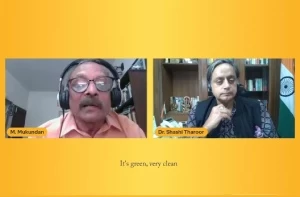
Delhi: A Soliloquy is a masterful novel that zooms into the interior life of its characters, zooms out to paint a picture of the times, and makes both equally vivid. It is that rare book that succeeds in being both intimate and epic.
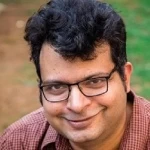
History writes with a big brush. Its concerns are with headline events, with the lives of the big and the powerful. M. Mukundan’s Delhi: A Soliloquy is history with a small ‘h’, and its concerns are the little people in the cracks and crevices of that history – their lives and loves and hopes and despairs that play out unnoticed against the backdrop of seismic change.
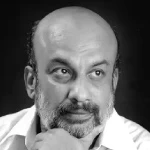
I love the way Delhi: A Soliloquy captures what it is like to be a bit player in the story of a big city. This book is full of bit players, and in the quiet and grim unfolding of their lives, against the political crises of the sixties and seventies and eighties, Mukundan invests their lives with the quiet dignity of witnessing.

Mukundan’s Delhi: A Soliloquy deserves to win because it is a finely written novel of many stories, set in an epic city. Mukundan’s characters take us back to a time when the promises of the new nation broke; through them, we understand that kindness can endure even as political and social forms fail to fulfil hopes and dreams.
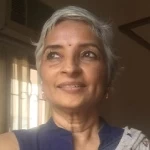
Delhi: A Soliloquy by M Mukundan speaks with grace and poise of the large lives of small people in a city with a broken soul. Clairvoyant in its human empathy, this extraordinary book is the distillation of a lifetime of experience.
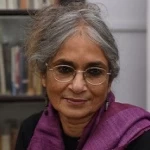
Explore the books
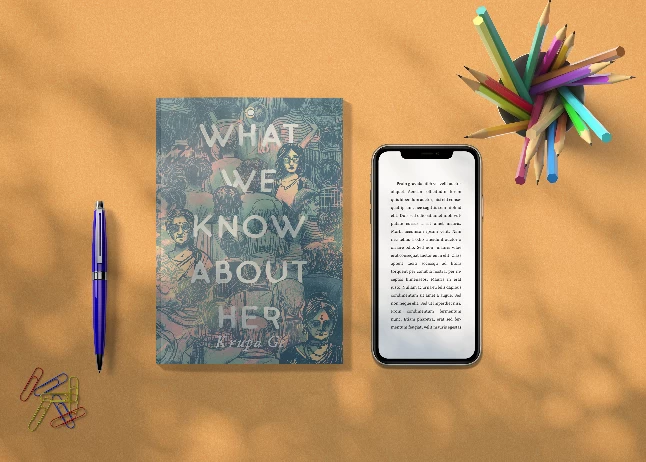
By Krupa Ge
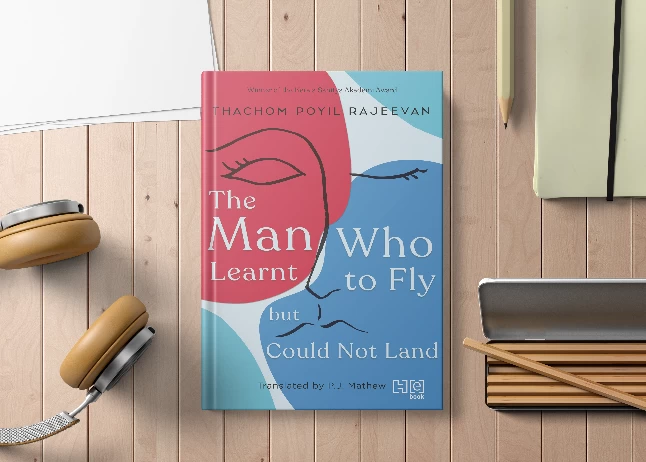
By Thachom Poyil Rajeevan
Translated by P.J. Mathew
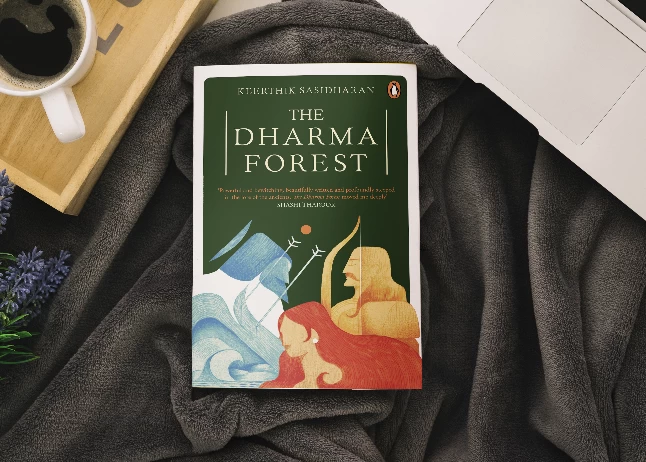
By Keerthik Sasidharan
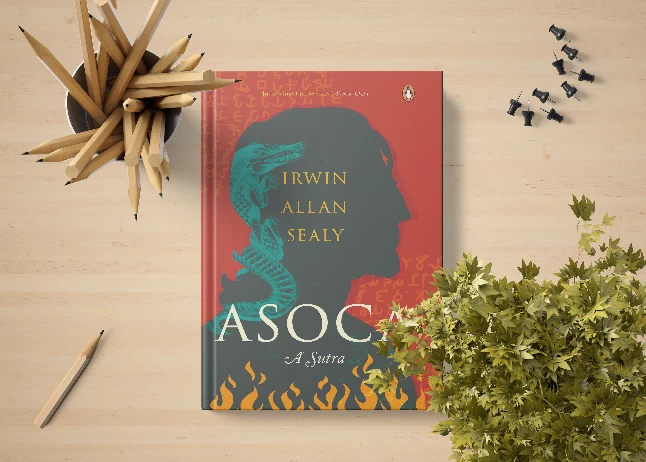
By Irwin Allan Sealy
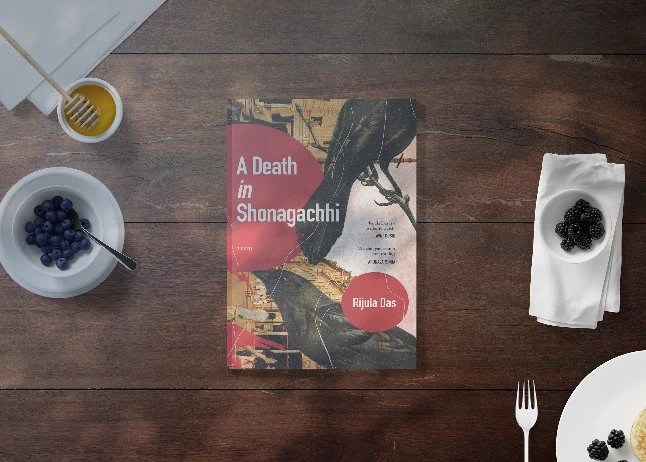
By Rijula Das
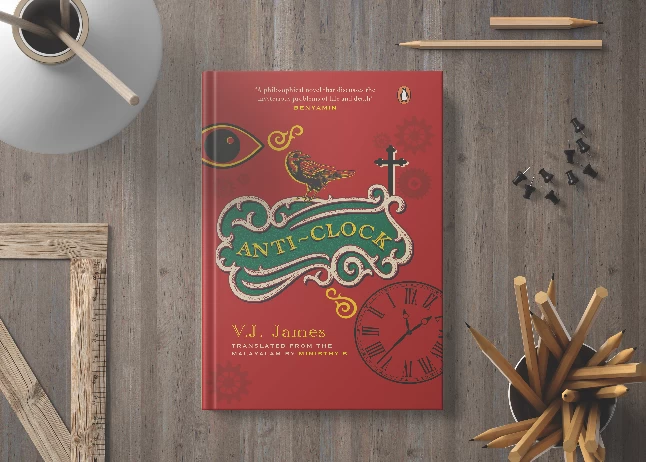
By V.J. James
Translated by Ministhy S.

By Daribha Lyndem
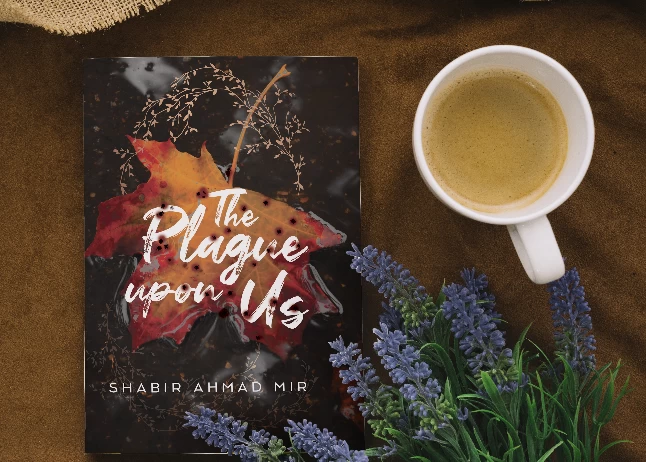
By Shabir Ahmad Mir
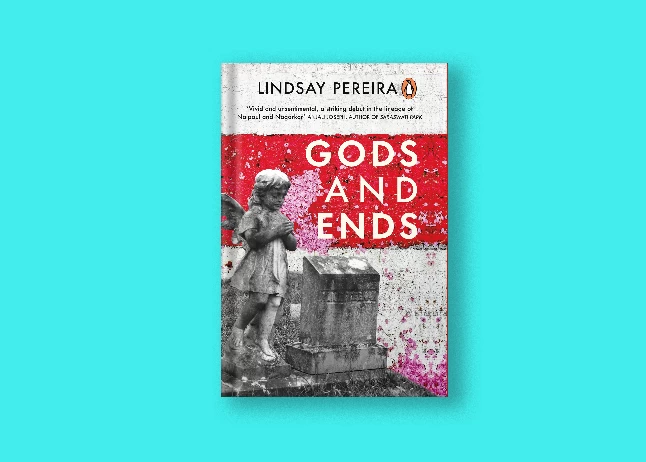
By Lindsay Pereira
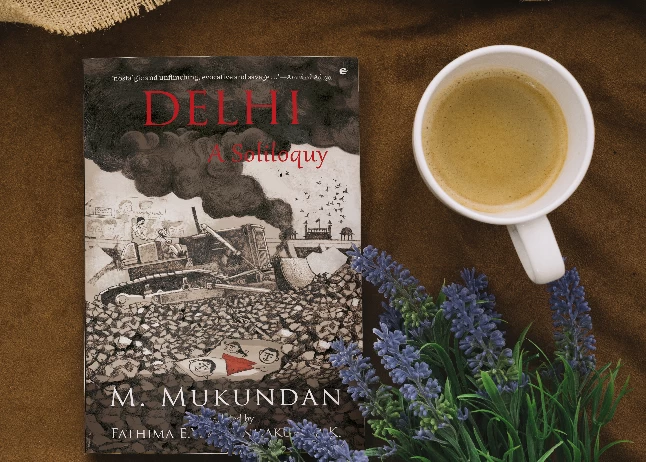
By M. Mukundan
Translated by Fathima E.V. & Nandakumar K.
A distinguished jury from diverse backgrounds brings forth the Longlist, Shortlist and Winner of the JCB Prize for Literature, year on year.
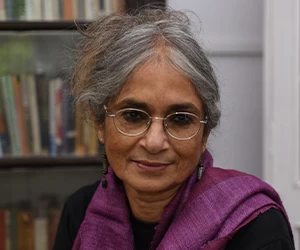
Chair
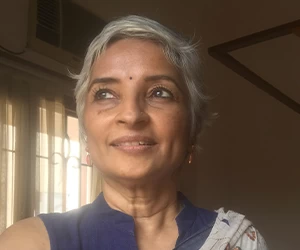
Designer
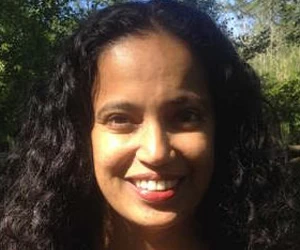
Author
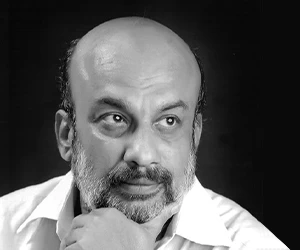
Editor
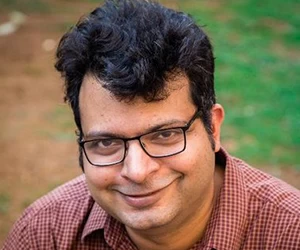
Writer
Stay updated on what's new at #TheJCBPrize